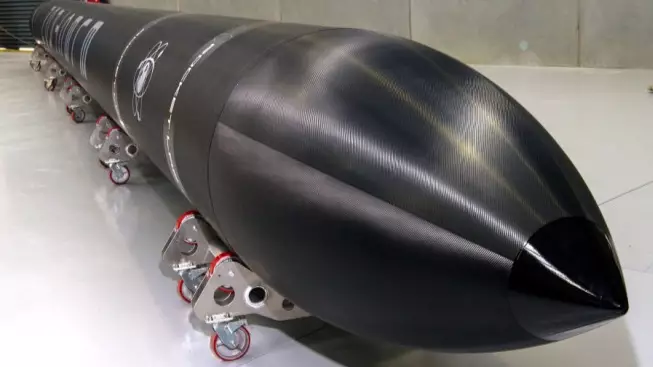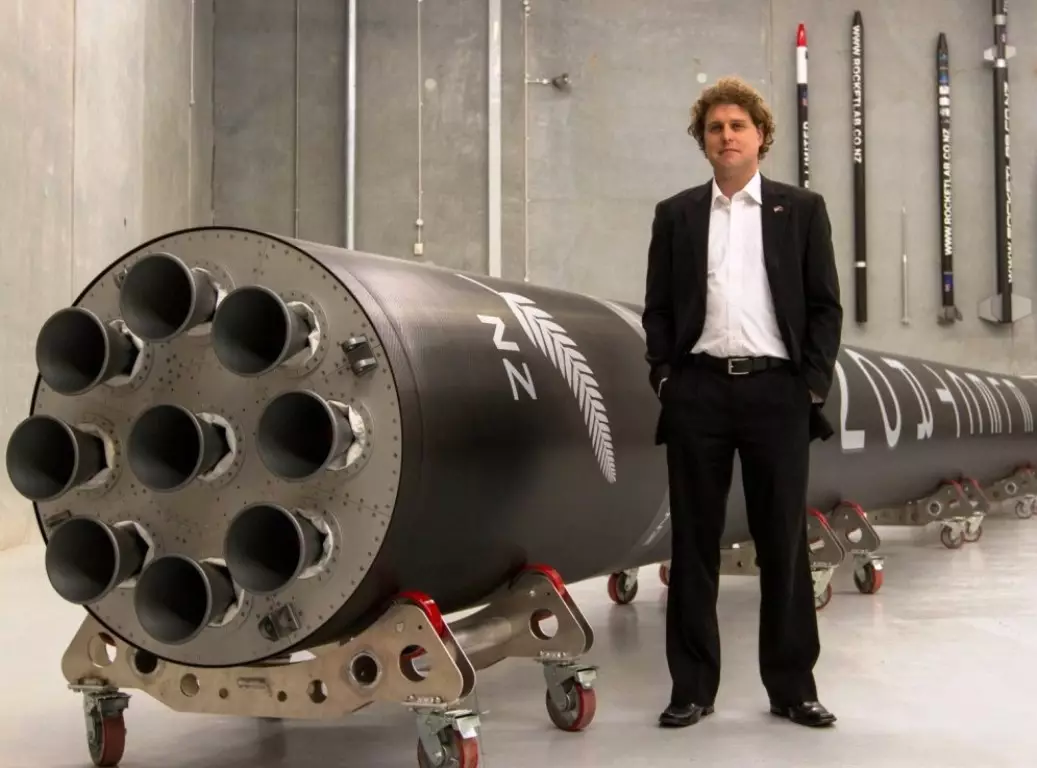
New Zealand has successfully launched into outer space using a 3D-printed rocket, marking an important step in making space travel less expensive.
The 17m-long (56ft) Electron, made by American-funded, NZ-based company Rocket Lab, lifted off from the Mahia Peninsula in the North Island, the firm said.
The company plans to start frequent commercial launches later this year.
Advert
"It was a great flight," chief executive and founder, Peter Beck, said in a statement after the launch. However, he added that the rocket did not quite reach orbit, meaning that New Zealand won't be joining the other 12 countries capable of that just yet.
Credit: Rocket Lab
Rocket Lab is a Silicon Valley-funded space launch company that hopes to revolutionise the way satellites get to space, making it far more cost effective by using 3D printing techniques.
Advert
"Our focus with the Electron has been to develop a reliable launch vehicle that can be manufactured in high volumes. Our ultimate goal is to make space accessible by providing an unprecedented frequency of launch opportunities," said Beck in a statement.
"Reaching space in our first test puts us in an incredibly strong position to accelerate the commercial phase of our program, deliver our customers to orbit and make space open for business," he continued, adding much had been learned from the launch.

Credit: Rocket Lab
Advert
Rocket Lab has planned another two test launches before its first commercial launch. The company is allowed to launch 100 rockets into space per year from New Zealand.
The rocket will eventually carry items such as satellites into a low orbit. The small satellites will be used to monitor environment, assist in search and rescue operations, and provide cheaper internet.
"We're committed to making space accessible and this is a phenomenal milestone in that journey," Beck said. "It's been an incredible day and I'm immensely proud of our talented team."
However, not everyone was quite so optimistic about the launch, with some locals in the predominantly Maori community taking issue with the fact that some public access areas had been blocked.
Advert
"People come to Mahia so they can go to the beach and it's been chopped off now. By the sounds of it, these rockets are going to be launching every 30 days, so they've taken over our lifestyle," said Mahia farmer Pua Taumata.
However, he also said the programme could bring opportunities.
"I'm for technology... a lot of things could come of it through education. It gives our children something different in their careers. Nobody thought to get into the space industry (before now)," he said.
Rocket Lab was founded in New Zealand in 2006 and receives funding from US companies, including Lockheed Martin, Promus Ventures, Khosla Ventures and Data Collective.
Advert
Source: The Guardian
Featured Image Credit: Rocket Lab